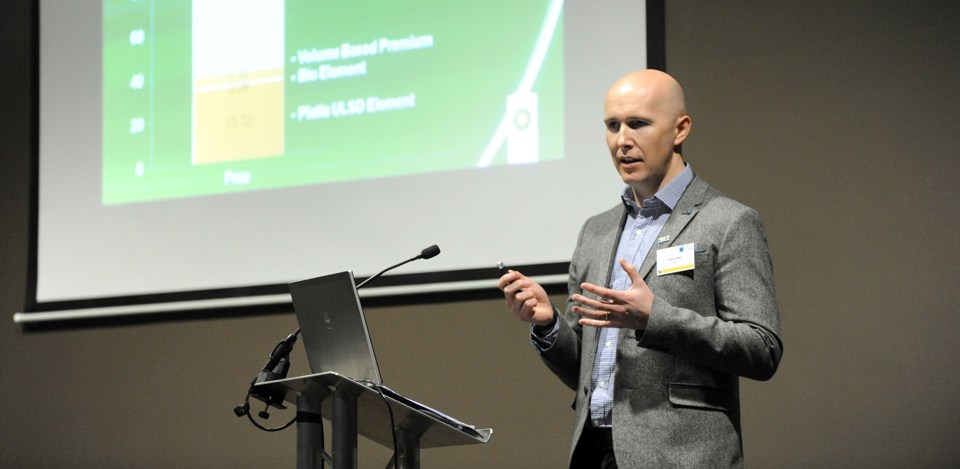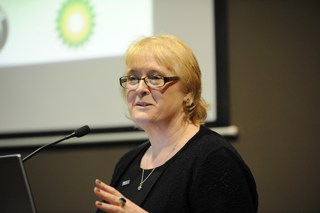Fleet managers must be prepared for further volatility in fuel prices this year, according to Andy Allen, head of cards at BP.
Volatility is mainly being driven by two factors: foreign exchange rates (as oil is traded in dollars and converted to sterling at the pumps) and crude oil production.
Allen said that foreign exchange rates have had a “massive impact” over the past 12 months, particularly following the EU referendum last June, which saw the pound plummet against the US dollar, translating to a 6p per litre rise at the pumps.
The triggering of Article 50 last week, which started the UK’s departure from the EU, will cause “a lot of fluctuation in the pound to dollar exchange rate over the next couple of years”, according to Allen.
Added to that is the decision by the Organisation of the Petroleum Exporting Countries (OPEC) to reduce oil production.
“That may drive prices up because most OPEC members can only balance their books at prices in excess of $60 per barrel,” Allen said at the March Fleet200 Executive Club meeting.
“We’re currently trading at about $50/$51 so they are still looking for a $9 increase just to balance the books.”
Fleet managers have already taken advantage of the “low hanging fruit” to manage fuel price volatility such as using telematics to improve driver behaviour and boost fuel economy, replacing vehicles so they are more efficient, and optimising routes, according to Allen.
The next step, he suggested, is to look at managing the price.
Fleet managers can “turn the screws” on their fuel card provider and try to negotiate a further discount on the volume based premium but “the reality is you’re negotiating on something that is 3% to 5% of the total cost of fuel” and that “isn’t the bit that is volatile”, he said.
Instead, Allen advised businesses to look at fuel hedging – something which BP has done for a number of years with airlines and has now made available to its fleet customers (see, BP Fuel Cards: Fleets can take a cure from aviation to cut fuel volatility).
This can either be a fixed price (where a price is set for a fixed period – anything from a month to up to three years) or a capped price (which means paying a premium up front to protect against rising prices).
The advantage is that it allows fleet managers to have certainty over what their fuel budget is, Allen said.
> Allen's Powerpoint presentation is available via email. To receive a copy email Jeremy Bennett.





















Login to comment
Comments
No comments have been made yet.